Addictive Behaviours
Many aspects of our daily lives function automatically. We all have unconscious patterns of behaviour that make life smoother and more energy-efficient. We don’t have to think about the route to work, how to clean our teeth, or how to use our smart phones. We can all also get stuck in patterns of thought, feelings or behaviour that don’t serve us. As yet there may not be any major personal damage but somehow we wish we could stop. Often we can if we really want to. Addiction is when we can’t stop even if we want to and even if it’s damaging us.
Overview
Suitable for all staff
More people than you might think are directly affected by a family member or friend who has problems with addiction. Many people take a dim view of addicts and see them as broken people who are to blame for their weakness. It’s vital that we develop a better understanding and reduce the stigma, shame and secrecy. There are certain underlying factors which make it more likely that someone will get stuck in addictive behaviours and addictions, the understanding of which will help cut through the secrecy, shame and blame.
In this workshop we explore the gradient from habit to addiction and look at some facts and figures. We explore everyday addictive behaviours anyone can get stuck in, and when we may need support.
The workshop teaches about workaholism (an addiction to work), what drives it, how to spot it, why it’s dangerous and what to do.
The workshop explains the underlying mechanisms that keep people stuck in an addiction cycle of pain and shame, and examines the impact of serious addiction on others and what you can if you’re worried about someone or yourself.
Participants will leave the workshop with a greater awareness of how to recognise when behaviours are becoming addictive, and how to take action to help themselves and others.
Formats available
Outcomes
Develop an understanding of some of the most common forms of addiction
Gain an awareness of when daily habits can slip into dangerous addictions
Gain the ability to regain control of unhelpful and unhealthy behaviours
Learn strategies for staying well and promoting positive mental wellbeing
What people say
“A really great presentation, it was broken down in a logical manner which helps understand such sensitive topics.”
“So much useful information, really interesting.”
Get in touch
To book this solution for your organisation, please contact us


